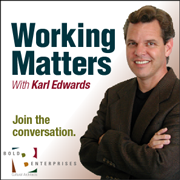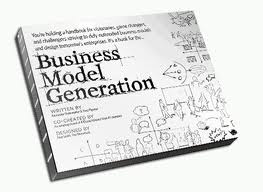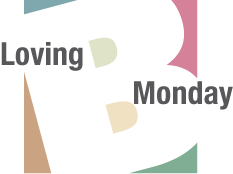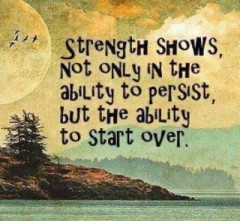 The Olympics is a fascinating study in performing under pressure.
The Olympics is a fascinating study in performing under pressure.
Here we have the most highly trained athletes in the world doing in one moment of time what they have done thousands of time before.
No problem, right?!
But the Olympic moment is a different sort of moment.
The entire world is watching. The performance will be meticulously judged and graded. Their only chance for a medal depends on this one, single performance.
Pressure.
Even highly trained Olympians vary in how they respond to pressure.
Some experience the pressure negatively.
They have to calm their nerves. They need to intentionally focus. They can become uptight, self-conscious, and over-think their performance. And they can make mistakes as a result.
Some athletes experience the pressure positively.
Their energy level rises. They rise to the moment as if it were a great adventure. All the attention, all the eyes watching are gifts of encouragement. And they often perform better than ever before.
Aly Raisman (pictured) was a key example in her gold medal floor exercise. While almost every other gymnast who preceded her had one error lead to another as their spirits deflated, Aly chose to lead out with the most complicated series she knew. A run that she had been eliminating up until that moment due to a disastrous landing in practice.
But when her gold medal opportunity was on the line, she embraced it, went for it, put everything into it, and performed it flawlessly.
What about you? Do you experience pressure negatively or positively? Is pressure a gift or a curse?
If you experience pressure negatively, what positive interpretations can you come up with that would be equally (if not more) valid than your current negative ones?
How might the pressure be a gift? How might the pressure be an opportunity? How might the pressure be a tool?
Watch the athletes closely as the games come to their conclusion. Compare their responses to the pressure. Compare their abilities to perform. See if you observe any correlation.
On your side,
- Karl Edwards









 No, the problems on the project aren’t going to disappear. No, there aren’t any erasers to make mistakes go away.
No, the problems on the project aren’t going to disappear. No, there aren’t any erasers to make mistakes go away.




